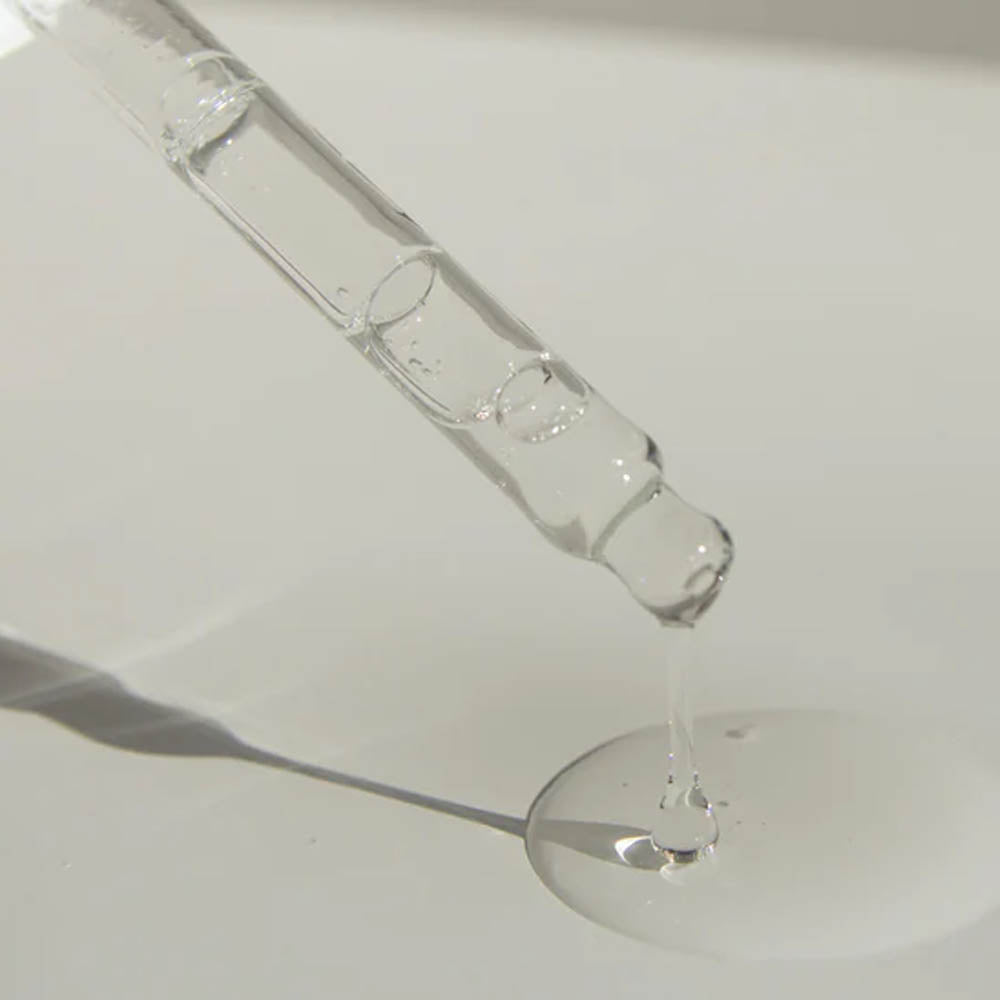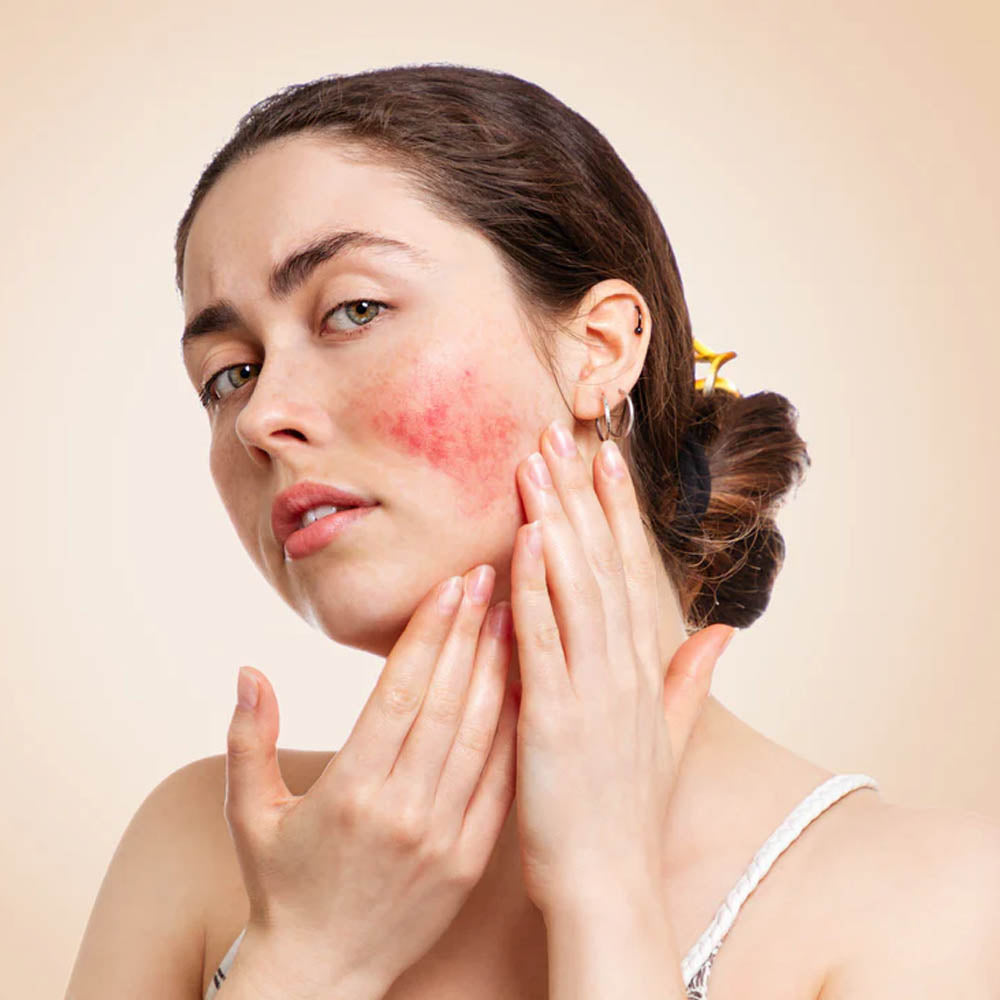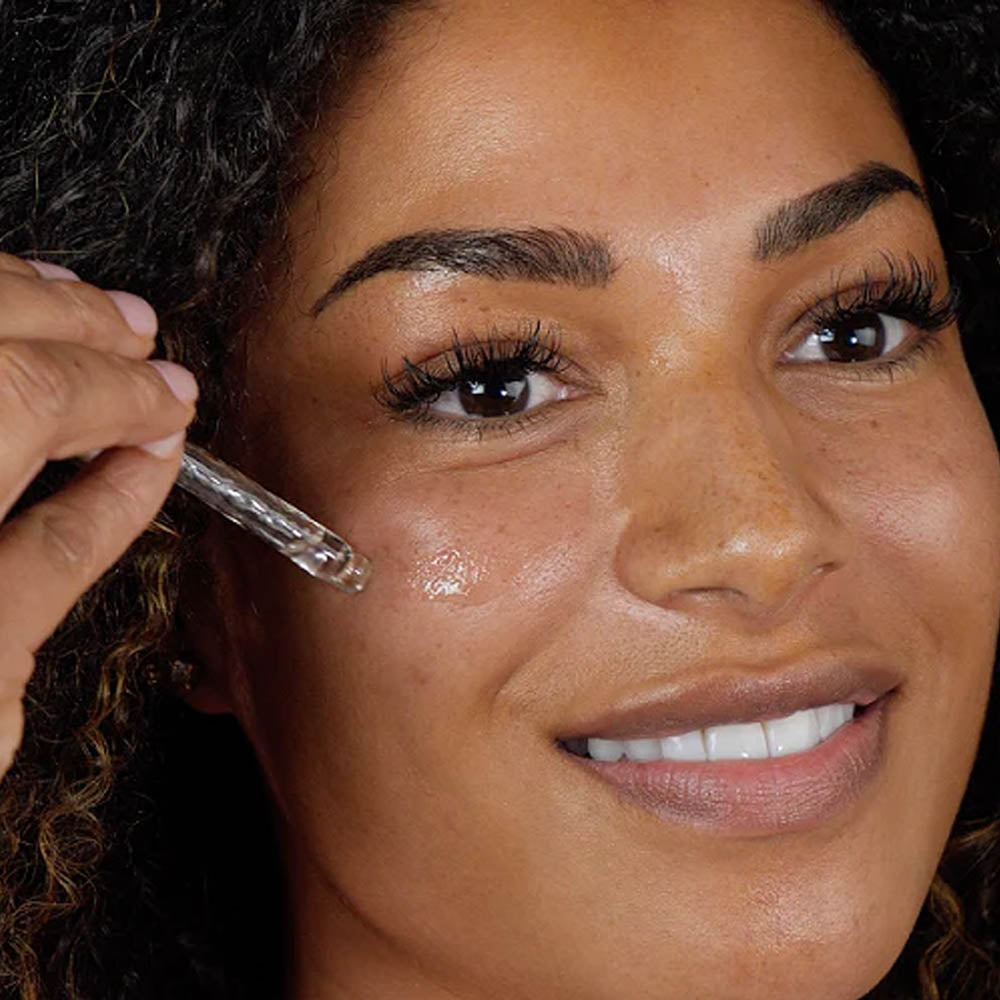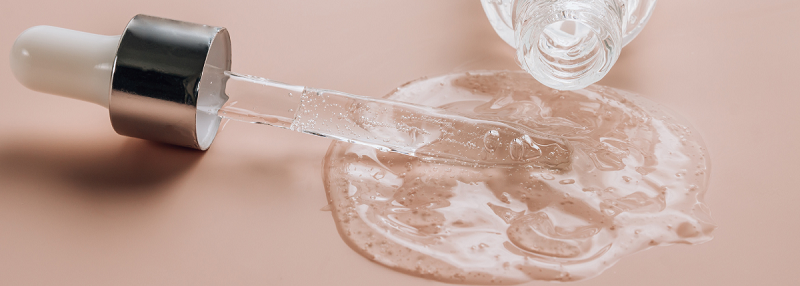
Sodium Hyaluronate For Skin
Sodium Hyaluronate for Skin
What Is Sodium Hyaluronate?
Sodium Hyaluronate is a commonly used humectant which attracts water into the skin. It is a derivative of Hyaluronic Acid, meaning it is extracted from Hyaluronic acid and is the sodium salt version of Hyaluronic acid.
Hyaluronic Acid v’s Sodium Hyaluronate: What’s the Difference?
Hyaluronic Acid and Sodium Hyaluronate have different molecular sizes. As Sodium Hyaluronate is smaller in molecular weight, it can penetrate the epidermis and provide hydration from within the skin. On the other hand, Hyaluronic Acid has a higher molecular weight and sits on the surface of skin to help prevent water loss.
Hyaluronic Acid is naturally found in all our human cells and its highest concentration is within skin cells. Sodium Hyaluronate in skincare is well researched for boosting hydration, plumping and reducing fine lines and wrinkles by making the skin's surface appear smoother. It can also be used medically for eye treatments or helping to heal wounds.

Skin Benefits Of Sodium Hyaluronate
Hydrating
Flaky, dry skin can be avoided by using creams, serums, lotions or toners with Sodium Hyaluronate. It provides very effective hydration by attracting and binding moisture to the skin, preventing TEWL (trans epidermal water loss) and maintaining a healthy skin barrier. It can also provide instant results in helping to smooth the appearance of skin.
Healing
It has been well documented by doctors that Sodium Hyaluronate is good for healing wounds, cuts and abrasions and is used to repair skin tissue after surgery.
Diminishes appearance of lines & wrinkles
Sodium Hyaluronate provides structure to skin tissue and helps to plump, firm and boost elasticity for smoother and more radiant skin.
Reduces Inflammation
Studies have shown Sodium Hyaluronate soothes redness and burning sensations in those with Rosacea.
Why We Use Sodium Hyaluronate
“Sodium Hyaluronate is clinically proven to increase skin hydration by 25% in just two hours and to improve skin smoothness and elasticity. At SKINICIAN we have formulated some of our products with Sodium Hyaluronate to plump and smooth signs of ageing, as well as provide the skin with healing and anti inflammatory benefits (especially those with Rosacea or skin sensitivities.)”
- Shelley Martin, Co-Founder & New Product Development Lead
Sodium Hyaluronate Skincare Products
Example product title
-
Peptide Eye Complex 15ml
Ideal for AM to brighten, fill wrinkles & intensely hydrateRegular price £40.00Regular priceUnit price / per -
Time Delay Day Cream SPF30 50ml
Fights signs of ageing & deeply hydratesRegular price £42.00Regular priceUnit price / per -
Hyaluronic Elixir 30ml - Fragrance-Free
Non-tacky hydrating & plumping hyaluronic acid serumRegular price £38.00Regular priceUnit price / per
Who Sodium Hyaluronate Is Best For
Sodium Hyaluronate is suitable for all skin types but is particularly useful for:
Dry or dehydrated skin
Fine lines and wrinkles
Sensitive skin or conditions such as rosacea, psoriasis or eczema.
Hydrating oily skin without causing greasiness (due to its water-based nature)
Things To Consider Before Using Sodium Hyaluronate
Sodium Hyaluronate is unlikely to cause irritation, however, if irritation does occur, discontinue use immediately. Sodium Hyaluronate is safe for use in pregnancy.
Before And After Using Sodium Hyaluronate
Take a look at some of our real before and afters taken by customers who used our Time Delay Day Cream & Peptide Eye Complex formulated with Sodium Hyaluronate:
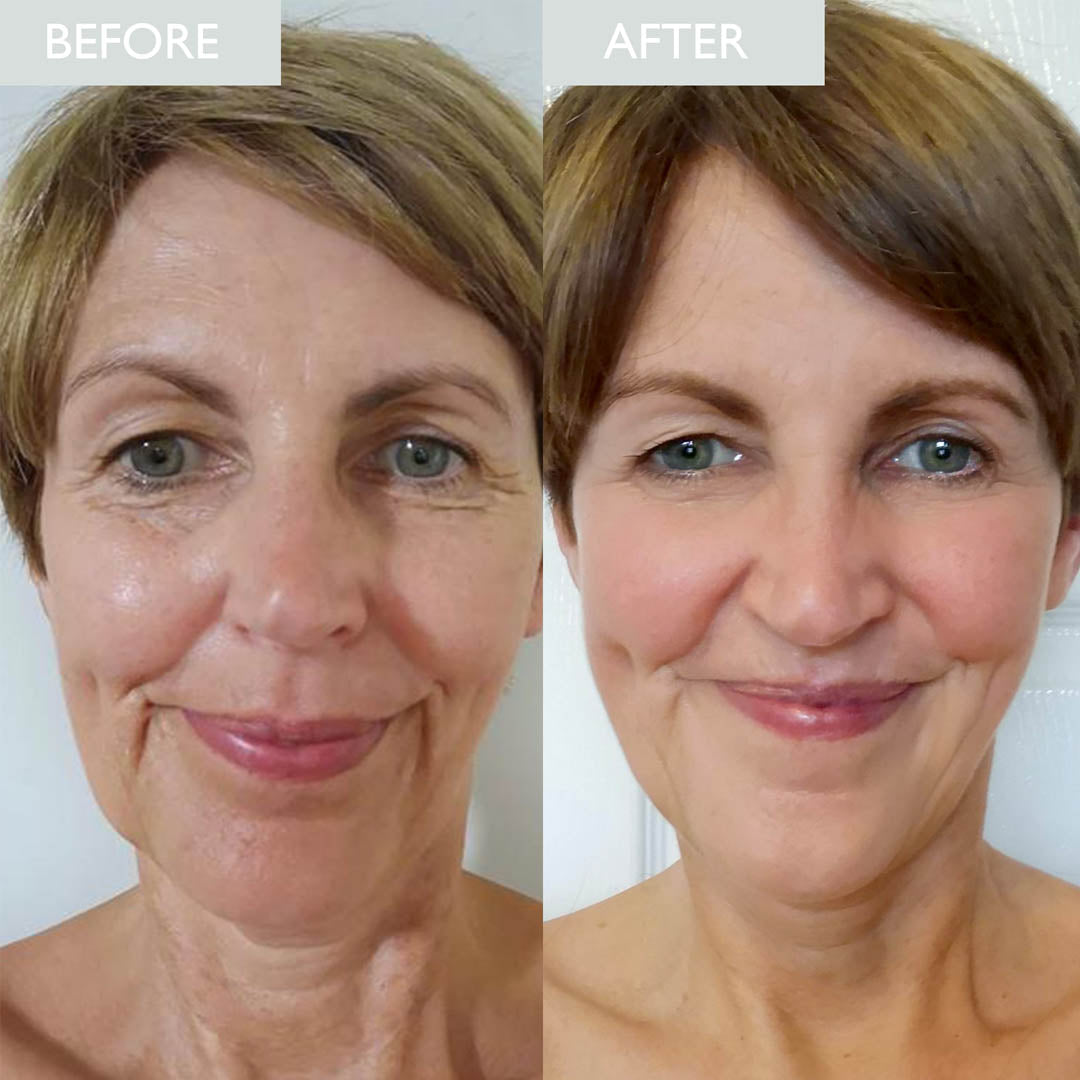

Discover More Articles On Hyaluronic Acid
-
Dos and Don'ts of Hyaluronic Acid
Read MoreFind out why you should incorporate hyaluronic acid into your skincare routine, how and when to use it and when to avoid using it
-
Rosacea And Hyaluronic Acid: Everything You Need To Know
Read MoreWe look at the benefits of using Hyaluronic Acid and a step-by-step guide on how to use it for rosacea
-
Sensitive Skin And Hyaluronic Acid: Everything You Need To Know
Read MoreIn this blog, we’ll take a closer look at sensitive skin and hyaluronic acid and everything you need to know about using it








